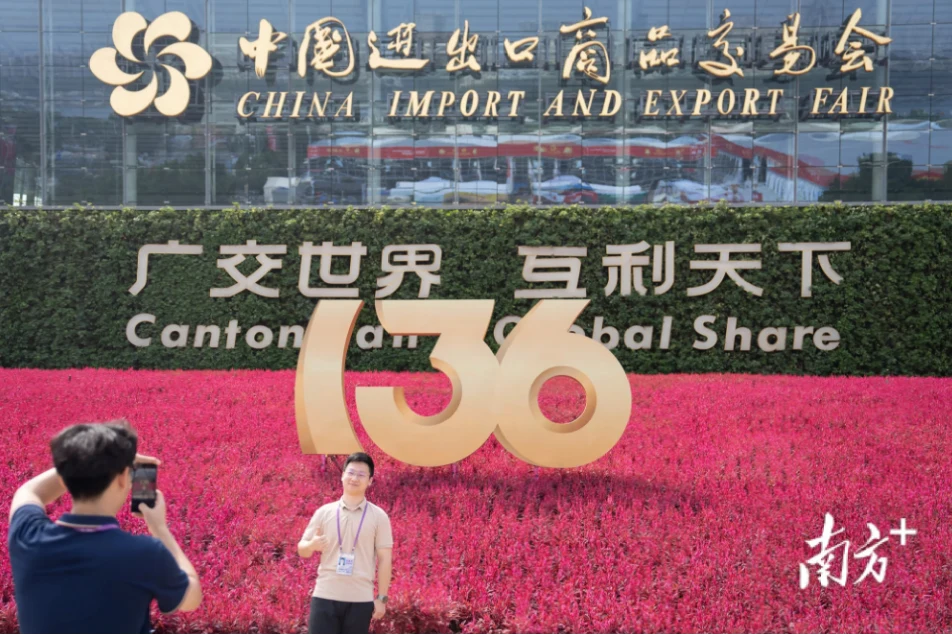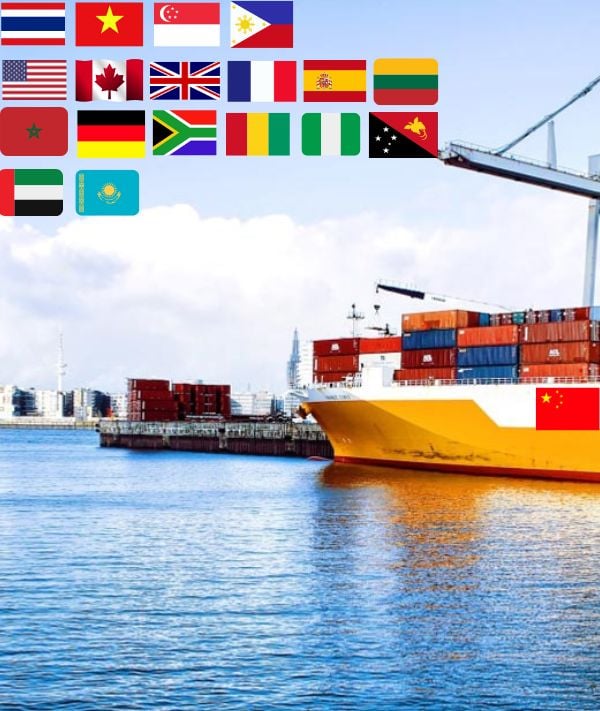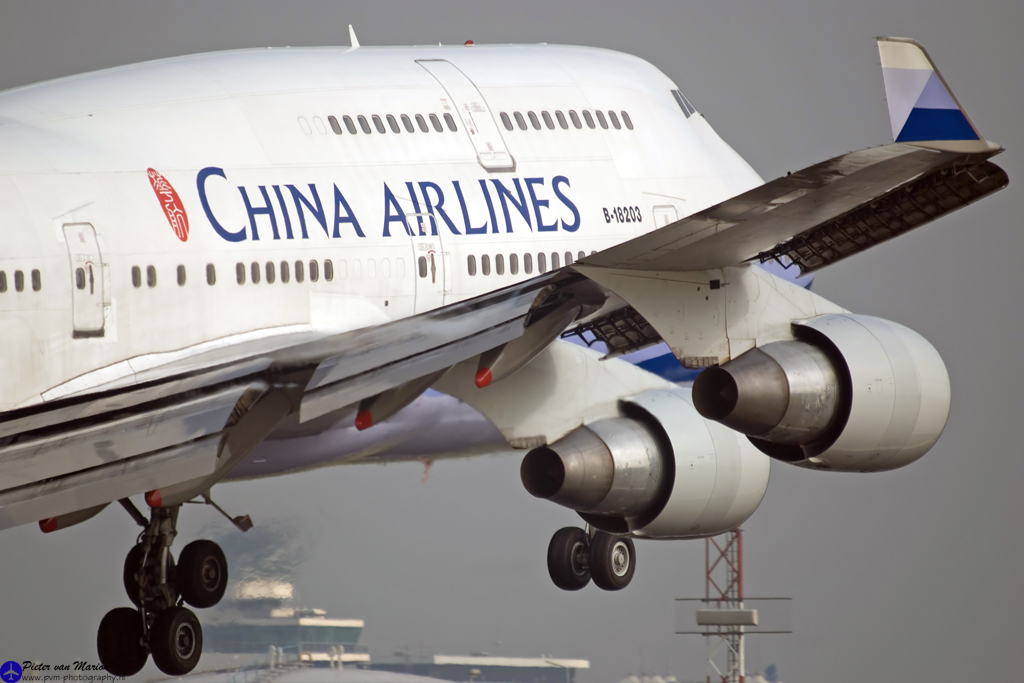
China Airlines: Overview as a Major Player in Cargo Transport
As a significant participant in the international aviation industry, China Airlines plays a crucial role in the realm of cargo transportation. With its extensive network and advanced technologies, China Airlines has emerged as one of the leaders in the freight industry. Its global route coverage provides efficient and reliable cargo transport services to customers worldwide. In the domain of cargo tracking, China Airlines not only pioneers but also innovates.
Technologies Behind Cargo Tracking: RFID, GPS, and IoT
China Airlines leverages state-of-the-art technologies to achieve efficiency and accuracy in cargo tracking. Among these, Radio Frequency Identification (RFID), Global Positioning System (GPS), and Internet of Things (IoT) play pivotal roles. By implementing RFID tags, GPS devices, and IoT sensors on cargo, China Airlines ensures real-time monitoring of each step of the cargo journey, from pickup to delivery.
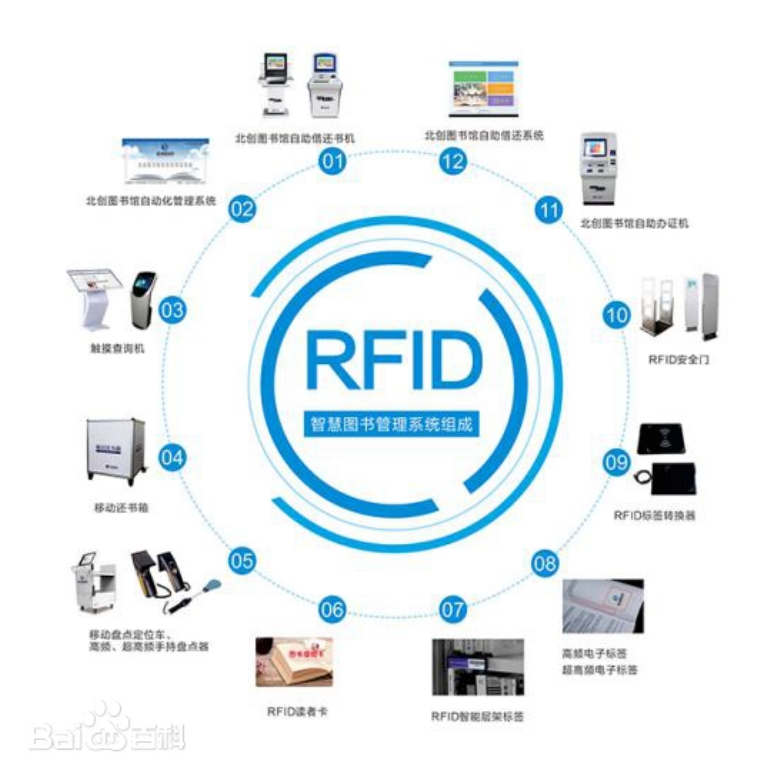
cargo china airlines tracking
Benefits of Cargo Tracking for Enterprises and Customers
Effective cargo tracking brings numerous benefits to both enterprises and customers. For enterprises, it enhances operational efficiency, optimizes resource allocation, and reduces the risk of loss or damage to cargo. For customers, it provides peace of mind, transparency, and timely updates on the status of their shipments. China Airlines is committed to delivering unparalleled service and reliability through its advanced cargo tracking systems.
Step-by-Step Guide to China Airlines Cargo Tracking
China Airlines offers a user-friendly online platform for customers to track their shipments effortlessly. With access to detailed information and real-time notifications, customers can stay informed about the whereabouts of their cargo throughout the entire transportation process. The step-by-step guide provided by China Airlines ensures a seamless tracking experience for customers.
Common Challenges in Cargo Tracking and How to Overcome Them
Despite advancements in technology, cargo tracking still faces challenges such as data inaccuracies, logistical complexities, and external factors like weather conditions or geopolitical events. China Airlines employs robust protocols, contingency plans, and proactive communication to overcome these challenges and ensure smooth cargo operations.
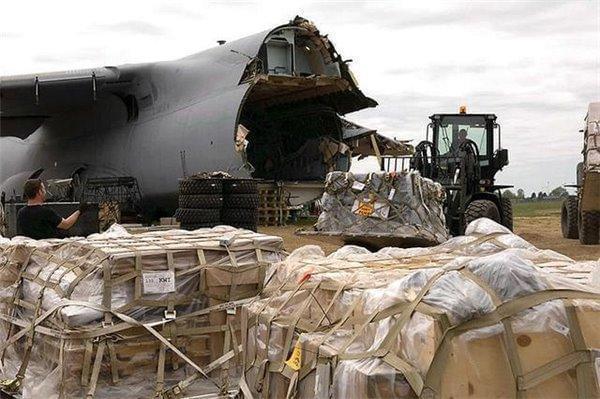
cargo china airlines tracking
Best Practices for Effective Cargo Tracking
China Airlines follows best practices in cargo tracking, including regular system updates, data encryption for security, staff training, and continuous improvement initiatives. By adhering to these best practices, China Airlines maintains the highest standards of service quality and reliability in cargo transportation.
Case Study: Real-Life Examples of Successful Cargo Tracking by China Airlines
Several case studies showcase China Airlines’ success in cargo tracking. These real-life examples demonstrate how China Airlines effectively manages diverse cargo shipments, including perishable goods, high-value items, and time-sensitive deliveries, with precision and efficiency.
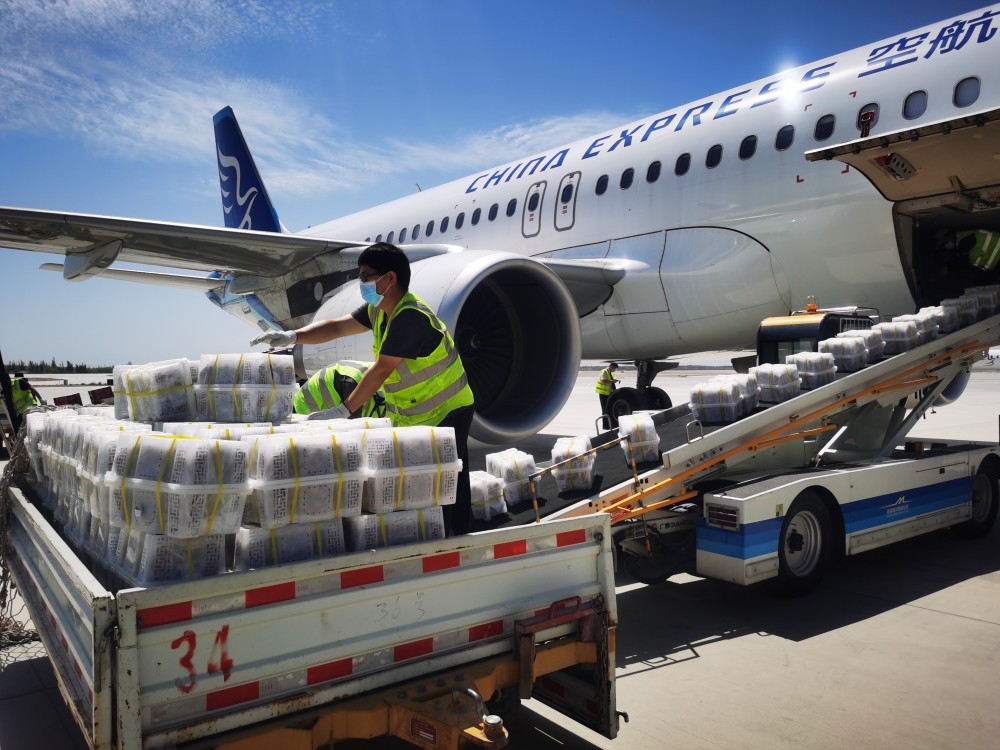
cargo china airlines tracking
Future Trends in Cargo Tracking and the Role of China Airlines
The future of cargo tracking is marked by advancements in technology, including the integration of artificial intelligence, blockchain, and predictive analytics. China Airlines remains at the forefront of innovation, continuously adapting its cargo tracking systems to meet evolving industry trends and customer demands.
Key Takeaways on Mastering China Airlines Cargo Tracking Art
In conclusion, mastering the art of cargo tracking is essential for maintaining competitiveness in the fast-paced aviation and logistics industry. China Airlines leads the way with its comprehensive network and cutting-edge technologies, ensuring seamless, reliable, and transparent cargo transportation services for customers worldwide. By embracing innovation, adopting best practices, and overcoming challenges, China Airlines sets the standard for effective cargo tracking in the global aviation landscape.
Share This Story, Choose Your Platform!
We connect you with reliable factories, get the best quotes, deliver straight to your door.






